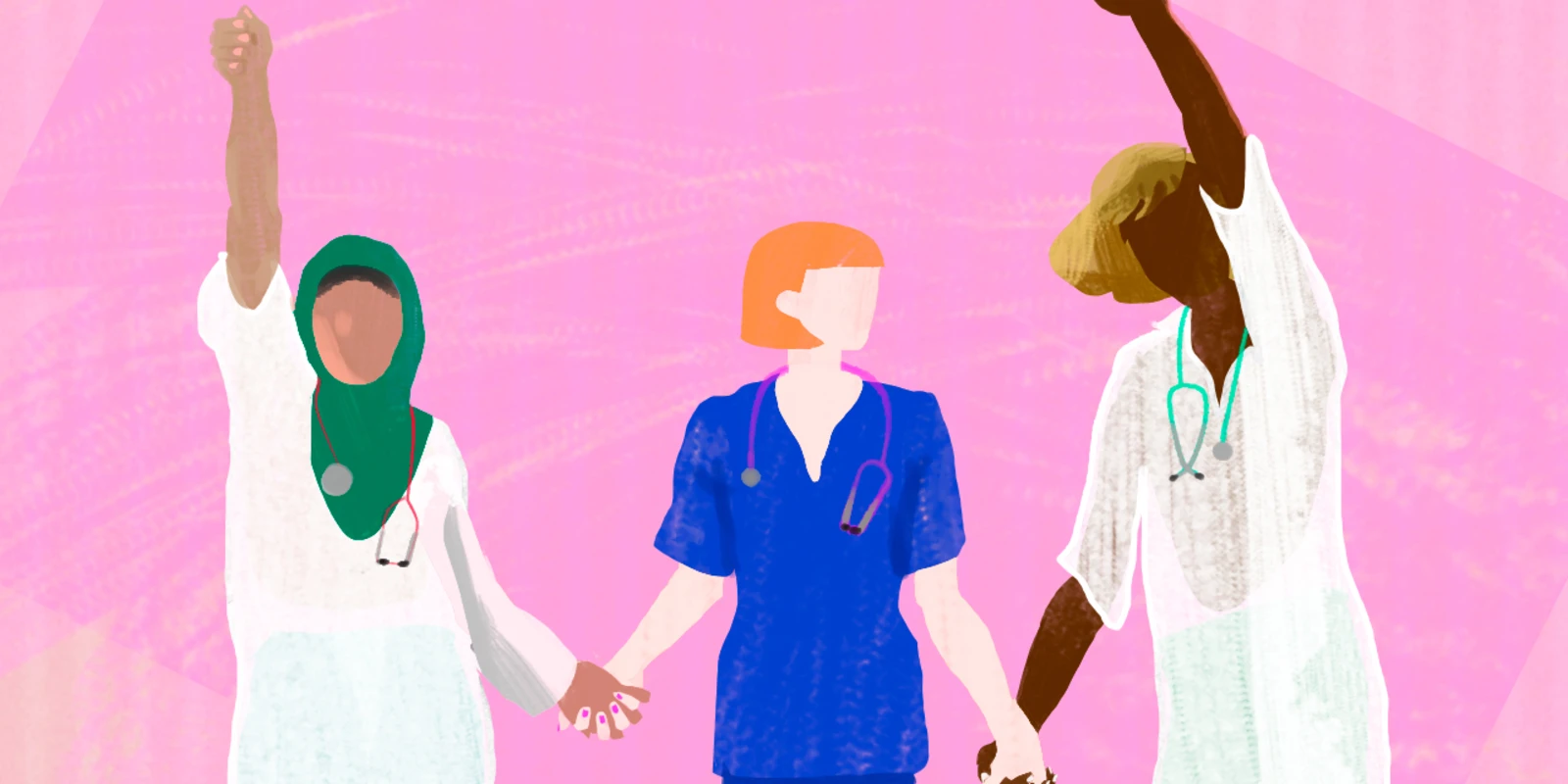
I am nearing the final chapter of my career, and, indeed, my life. May 2020 will mark 40 years since my graduation from the Medical College of Pennsylvania. Most who have worked with me would agree that I have been extremely hard-working, that I am reasonably bright, and quite creative. In the buzzwords of the day, I have been both resourceful and resilient. Despite those characteristics, I do not believe I have enjoyed my fair share of the splendors of this sacred profession, and that makes me angry and sad. We can and must do better for the next generation of medical professionals.
Excellent quantitative data strongly supports my personal impression that women in medicine have had to work harder for the same sized piece of pie as our male counterparts. Although there has been excellent work on gender and racial inequities in health care for many years, the emergence of the #MeToo, #TimesUp, and #TimesUpHealthcare movements have brought the personal and professional costs of gender inequity on women physicians into sharp focus. Although I readily admit my imperfections, with the help of these movements, I have come to realize that much of what I attributed to my personal failings were, in fact, systemic obstacles that are (nearly) insurmountable by a single individual. The culture in medicine must change.
Happily, there is some light illuminating this darkness. Many organizations have developed skills-based sessions aimed at teaching the competencies required to navigate and succeed in the current heath care environment. Important skills, such as how to negotiate, organize your CV, choose a mentor, invite sponsorship, write a grant, recognize implicit bias and utilize “emotional intelligence,” etc., can be acquired at these seminars. It is wonderful that these helpful sessions are offered to women and underrepresented minorities. However, one cannot help but notice the glaring absence of men at these meetings. For justice and equity to prevail, it is critical that men also actively participate in these transformative educational experiences. Further, (and importantly), the absence of male involvement conveys the message that women and underrepresented minorities (rather than the system) is at fault and suggests that the problem of inequality would be corrected if women and underrepresented minorities would simply master the skills required to modify their behavior so that they could succeed in what would essentially remain a man’s world.
Frankly, at this juncture, I have no interest in adapting to the health care environment that white men in power have created, and I am tired of trying. Like so many (female and male) colleagues, I am suffering from burnout in this environment. Therefore, I am writing to call on you, my male colleagues to help actualize the cause of equality in health care. We need you.
Please know that we are not asking for special favors. As Ruth Bader Ginsburg opined, “all we are asking of our brethren is that they take their feet off our necks.” To that end, you too should attend sessions that encourage introspection and facilitate working successfully in diverse environments. Examine your implicit biases (we all have them) and keep them in mind to mitigate their impact. At home, that may mean sitting down with your significant other (if you have one) and making sure household chores, childcare (if you have kids), and “me time” is distributed fairly. At work, don’t let unacceptable overt sexual harassment, demeaning language, or gestures be used by colleagues or patients without comment. Be mindful that the stakes may be unbearably high for marginalized persons to speak up on their own behalf. Use your position, skills, and privilege to find the courage to speak up on behalf of others, in the boardroom and at the patient’s bedside. Speak up even when a representative of a marginalized group is not in the room. Speak up (judiciously) even if it is your boss making the offensive comment. When hiring or setting salaries, let transparency and fairness, not implicit bias, guide your choices. Decline offers to sit on male-only committees or speak on all-male panels, and explain the reason for your decision to the organizers. Make sure policies are in place at your office or institution that mandate equality and do what is in your power to ensure such policies are adhered to. Encourage and sponsor people who may not look or sound just like you to rise to positions of power. Demonstrate public and private support for people who are retaliated against unfairly.
Colleagues, I implore you to do your part to contribute to a fair and equitable healthcare climate. Creating this culture change is not “women’s work.” It is everyone’s job. I understand that it may be difficult to relinquish power, but please take a moment to consider the impact of the status quo on your daughters. Unless all of us — women, men, people of color, and those among us with diverse sexual orientation and gender-affirmations — work together to achieve a workforce that reflects the rainbow of humans that inhabit the earth, we will all suffer (as will our patients).
Many of us are tired of being patient, “being good,” and hoping that will be sufficient to change the culture. While we are waiting, life is passing us by. At the current rate, too many generations of women, underrepresented minorities, and men will continue to be unable to achieve their full potential. Therefore, I am writing to solicit your engagement and assistance. Attend some of the educational offerings, be thoughtful in your interactions, and do what is in your power to create a diverse, inclusive, and respectful environment. The time for action is now.
Dr. Danoff is Vice Chair of Medicine at the Perelman School of Medicine of the University of Pennsylvania. Before assuming her current positions, she was Director and Program Director of the Division of Endocrinology, Diabetes, and Metabolism at NYU School of Medicine.
Illustration by Jennifer Bogartz







